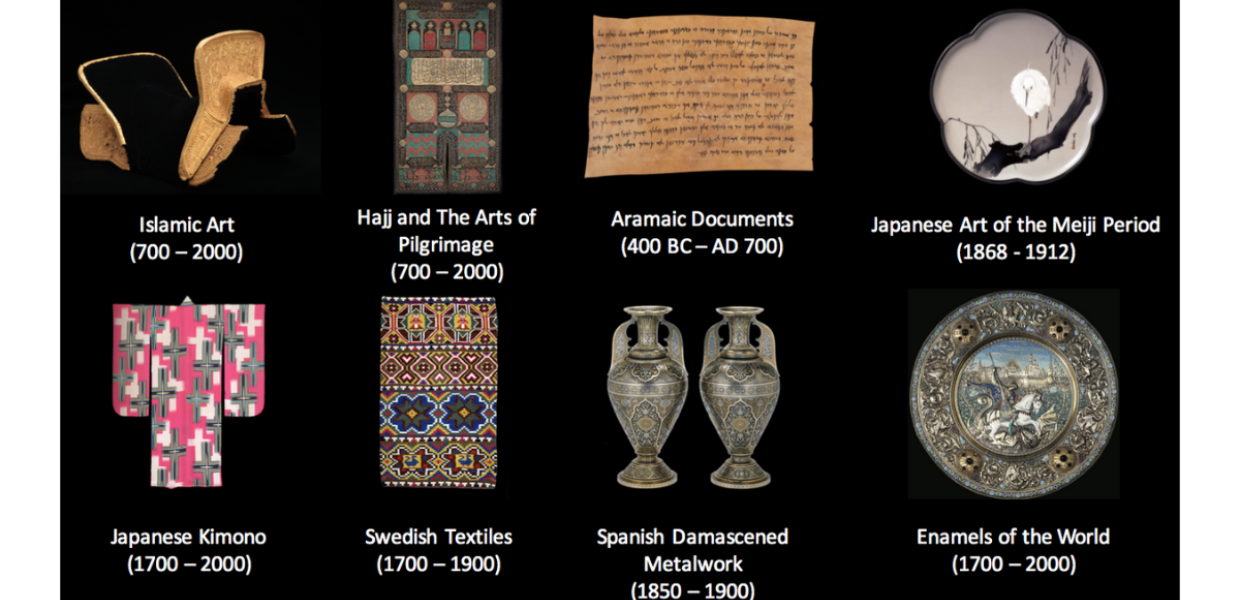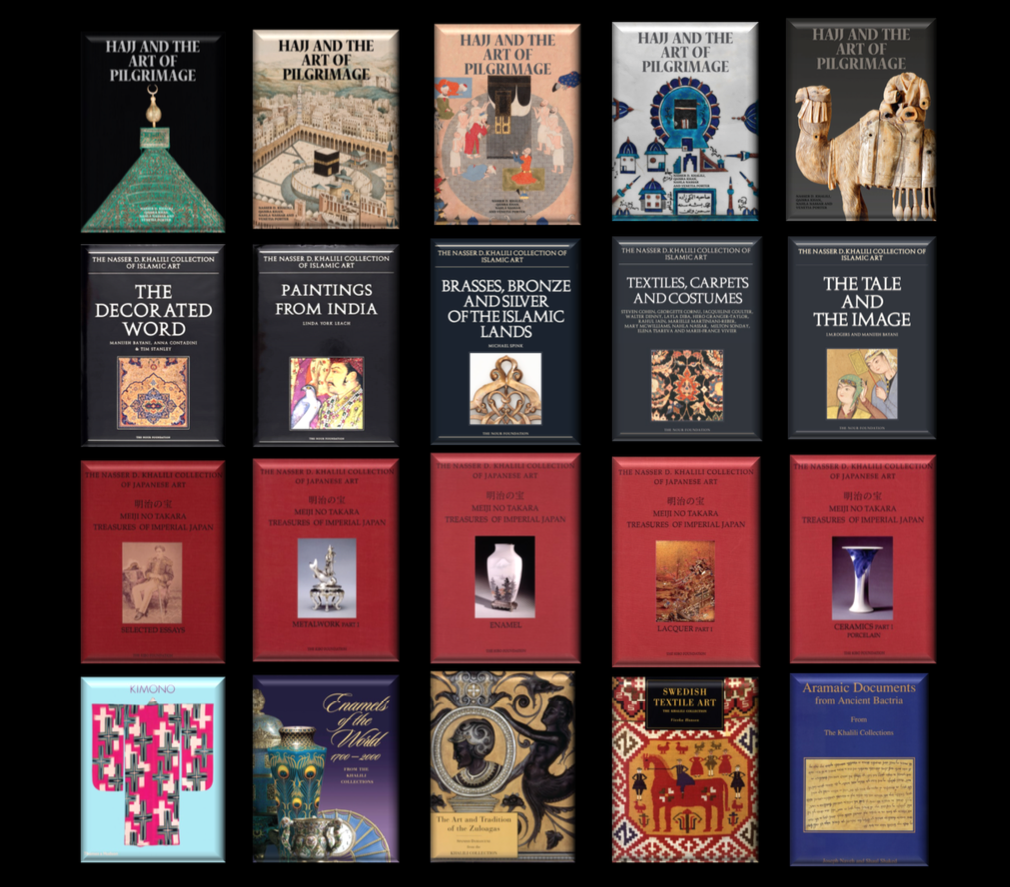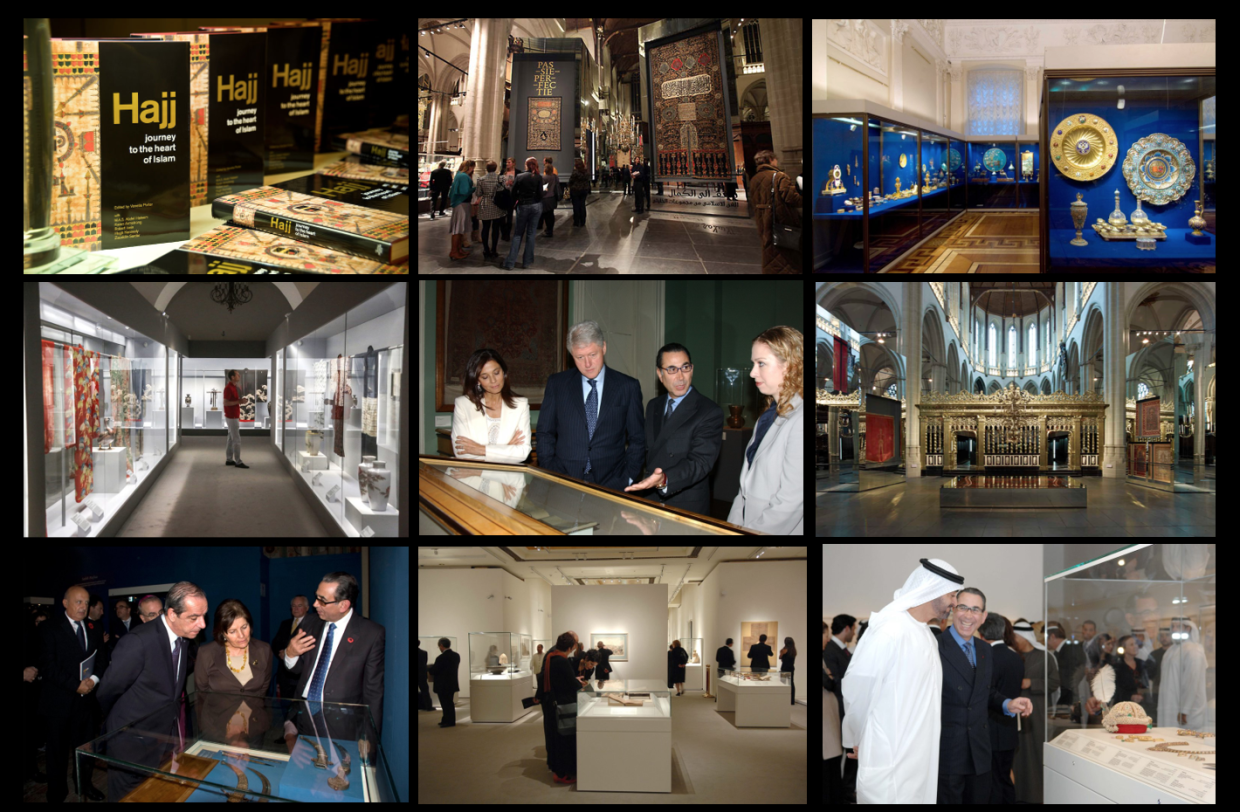Please introduce our readers to the Khalili Collections.
The Khalili Collections was born five decades ago out of the vision of our founder, the world-renowned scholar, collector and cultural philanthropist, Professor Sir Nasser D. Khalili. In the spirit of preservation and custodianship, he assembled eight of the world’s finest art collections – each on its own merit being the largest and most comprehensive of its kind.
Together, the eight collections comprise some 35,000 magnificent works, many of which have been exhibited at prestigious institutions worldwide. Each work of art has been meticulously conserved, researched, catalogued and published as part of what is considered to be one of the most ambitious art scholarship projects in modern history. Eighty of over a hundred planned volumes have already been published, a project led by Sir David and with contributions from the world’s leading experts in each respective field.
What inspired the Khalili Collections to partner with Europeana?
Over a number of years, the Khalili Collections has undergone a major digitisation project in order to make its eight collections more accessible to the general public. The majority of the approximately 35,000 works in the collections have now been photographed (and in some cases filmed) in high definition. Digitised highlights can be accessed here, and most of these are either open access with a creative commons license or are in the process of becoming open access. The digital assets are used for a variety of projects such as publications and catalogues, exhibitions, websites, social media campaigns and other digital initiatives. We have since developed a strategy to leverage 21st century technology to give art lovers the optimal visual experience.
We have long been impressed with both the content and reach of Europeana as a pioneering digital platform and educational resource. The content is beautifully presented in a manner that inspires and informs. So this partnership is an important milestone in our commitment to sharing important cultural stories via the vast heritage in our eight collections. We are excited by what we can achieve together in ensuring that as many people as possible are enriched with beauty from all over the world. After all, art is a universal language that transcends all boundaries!




